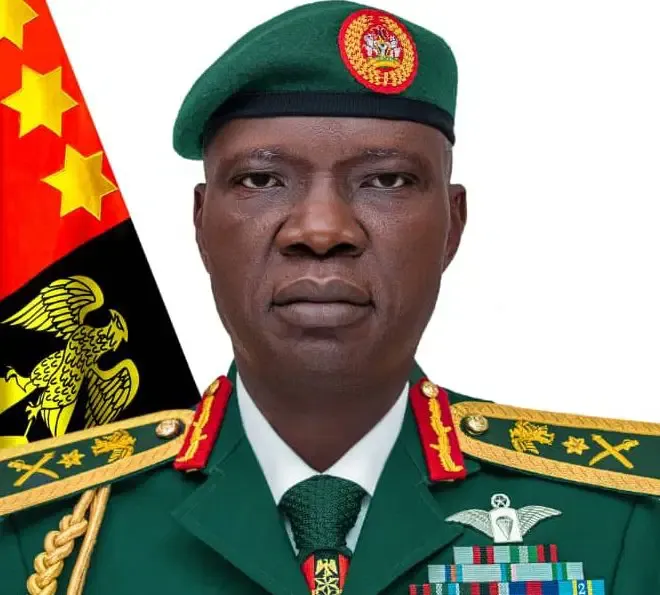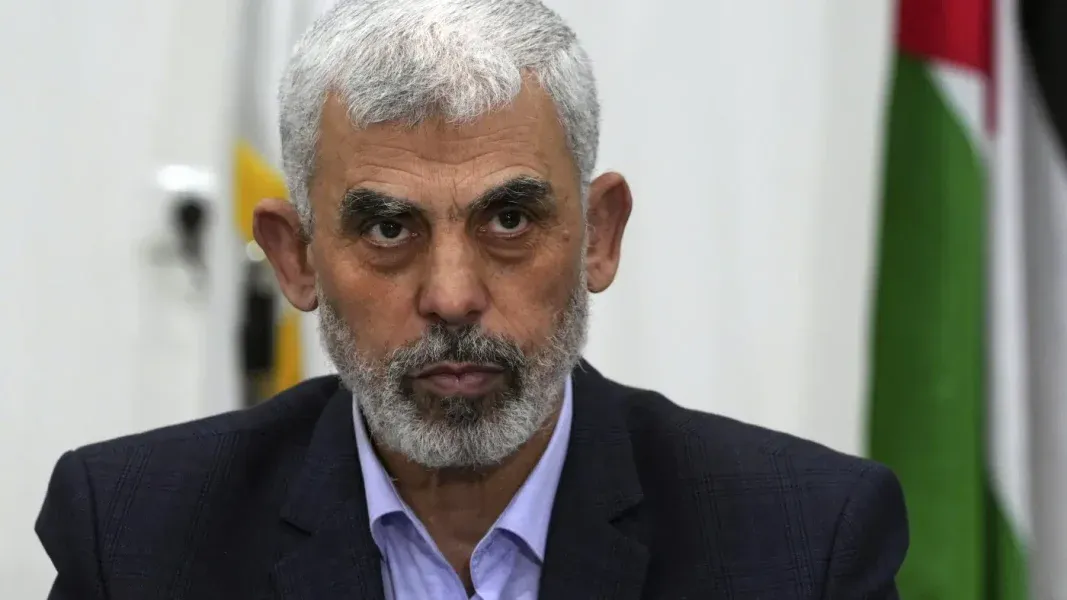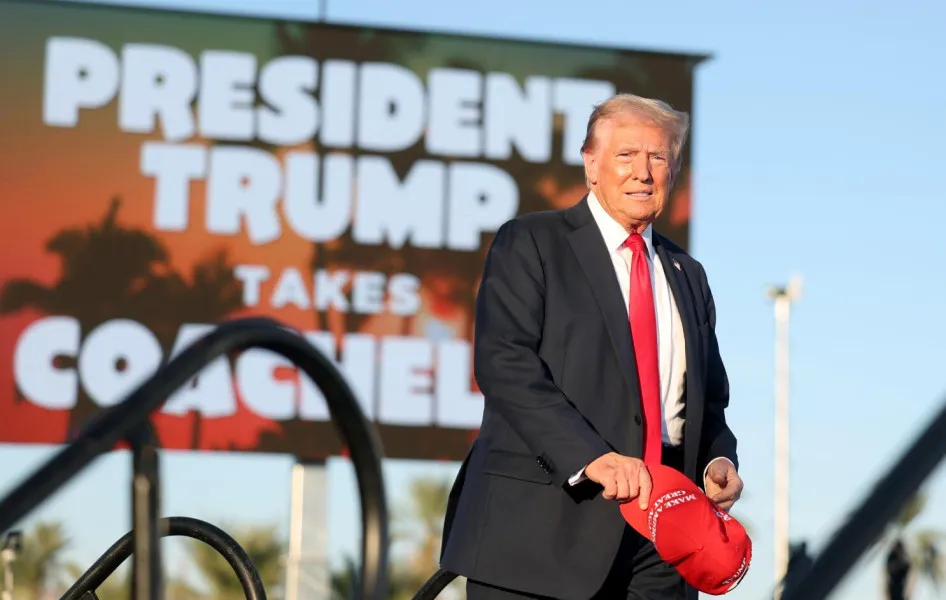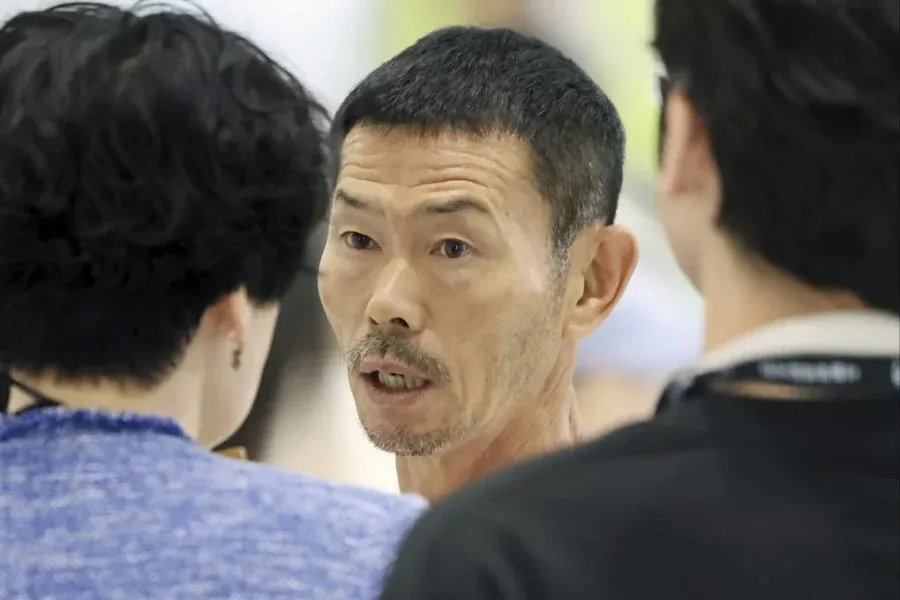Members of Bangladesh’s transgender hijra community, previously marginalized from mainstream prayer services, have found acceptance and inclusion at a newly established mosque in the Muslim-majority nation.
The modest mosque, a single-room structure with tin-clad walls and roof, represents a significant milestone for the minority group, which has long faced discrimination despite gaining some legal and political recognition in recent years.
Community leader Joyita Tonu addressed the congregation, declaring, “From now on, no one can deny a hijra from praying in our mosque.” This statement symbolizes a pivotal shift towards inclusivity and equality within the religious space.
The mosque, located near Mymensingh, was erected on land provided by the government after the local hijra community faced expulsion from established congregations. For many hijra individuals like Sonia, the opportunity to pray in a mosque once again is a deeply emotional and long-awaited moment.
The establishment of this mosque signifies progress in Bangladesh’s legal landscape, where since 2013, hijra individuals have been officially recognized as a third gender. Despite this advancement, hijra individuals continue to grapple with societal acceptance, facing challenges in areas such as property rights, marriage, and employment.
The mosque’s imam, Abdul Motaleb, emphasized the importance of embracing the hijra community, stating, “They are like any other people created by Allah.” His message underscores the fundamental principle of equality and inclusivity within Islam.
Despite initial resistance from some locals, the mosque has already begun to challenge stereotypes and prejudices. Tofazzal Hossain, a local resident, acknowledged the positive impact of interacting with the hijra community, stating, “They live righteously like other Muslims.”
Looking ahead, community leader Joyita Tonu expressed aspirations to expand the mosque to accommodate a larger congregation. The newfound sense of belonging and acceptance within this religious space represents a significant step forward for Bangladesh’s transgender hijra community.





